
The metafictional, liminal, lyrical ways of writer Carmen Maria Machado
Philadelphia Latina writer Carmen María Machado is making waves. She’s the recipient of several Speculative Literature Foundation grants, and has been mentioned, nominated or the recipient of some the most important awards a writer of speculative short stories can aspire to: Pushcart Prize, Hugo, Nebula. AL DÍA caught up with her shortly after the announcement that her debut collection of short stories will be published by one of the nation’s leading nonprofit literary publishers.
AL DÍA: First, you sold your first book! Tell me about that: the book, the process, the challenge. When will it be available? Are you planning to do any readings in Philly?
I did! My debut short story collection, Her Body and Other Parties, was recently sold to Ethan Nosowsky of Graywolf Press.
It's been in the works for a few years now; I started this collection halfway through my MFA program at the Iowa Writers' Workshop, and finished its newest story early this summer. The collection focuses on the oppressed body, and also explores genre, gender, abuse, hypochondria and illness, sex, storytelling and myth, sexual violence, and media.
The process of getting it published has been challenging because short story collections are somewhat hard to sell; people are far more inclined to buy a novel than a collection. But I've been very lucky. I've found a wonderful editor at a wonderful house who is passionate about my book, and you can't ask for more than that.
Right now, the tentative release date is Fall 2017. And I'll definitely be doing Philly readings, though I'm not sure where yet.
Tell me about your background.
My parents raised me and my siblings in Allentown, Pa., about an hour north of Philadelphia. My father is the son of two immigrants. My grandfather came to the U.S. from Santa Clara when he was 18, and went to Tennessee to go to college. It took him 10 years to finish his degree, between working, learning English, being deported back to Cuba during the McCarthy era, and serving in the Korean War, which is how he earned his American citizenship.
He then moved to D.C. and worked at the US Patent Office, and met my grandmother, who came over to the U.S. from Austria post-WWII. My father grew up in D.C., got his Ph.D. in Madison, WI, and moved to Allentown just before I was born.
My two younger siblings and I grew up in the more suburban/rural part of the area. We spent a lot of time visiting my grandparents, which is how we heard so many of our grandfather's stories about Cuba. We still have family in Havana and Santa Clara; including people who are still living in the house my grandfather grew up in.
Wait a minute. Back up. What’s that about your grandfather being deported back to Cuba?
When he was in college, my grandfather had a Cuban roommate who got caught up in a McCarthy-era sting because his father was a Communist. My grandfather wasn't involved, but he was working a job on a student visa, so he got scooped up in the process.
He spent three months in a Miami detention center. When the time came to send him home, the agents gave him a choice: he could be deported, and be unable to return to the U.S. for 10 years, or he could buy a ticket home and from there re-apply for a different visa. He chose the latter, flew home to Cuba, and applied for a green card. He then returned to the U.S. and was promptly drafted for the US Army. After he served (he didn't go to Korea itself; he was in Germany), he was able to become a citizen.
Did you always know you'd be a writer? Did your parents encourage you?
I'm one of those people who's known she wanted to be a writer ever since she was a kid, with a few detours along the way. (I thought for a while I wanted to be a doctor, for example, but as it turns out I hate needles and hospitals.) My parents read to me quite a bit as a child, and as soon as I could write, I wrote "books" on my father's stationary.
I also read like a fiend on my own — I could put away half-a-dozen novels during a long car ride, and read late into the night and during classes when I wasn't supposed to be. I ran into (now-defunct bookstore chain) Waldenbooks every month to pick up new titles, and literally read through my library's entire middle-grade and YA sections before venturing into the adult section.
My parents couldn't keep me away from used book sales. And I wrote constantly. I can't believe I ever thought I'd be anything else — being a writer was just in me.
As a Latina did you ever face the stereotype that Latinos/as don't read and don't write?
I think I was always vaguely aware of stereotypes about Latino/as, especially observing the racism my father encountered. But in my family, my great-grandmother — who I'm named after — was adamant that all of her children go to school. They lived in severe poverty in Santa Clara, but she made sure that all of them received an education.
She also, according to my grandfather, was an avid reader, despite the fact that her own schooling had ended around sixth grade. My grandfather became an engineer — my father, too — and my Tio Gilberto became a doctor. And all of them had artistic and academic interests outside of their particular field.
So I think that I picked up strongly on those cues, and never let myself feel discouraged.
How has being Latina influenced your trajectory? Have you read a lot of Latino/a writers? Do you think your work is distinctively "Latina"? If so, how?
When I was a kid, my grandfather gave me a Spanish-language version of Don Quixote — a copy that used to belong to him. Unfortunately, my Spanish has never been good enough to read it. (We never used Spanish at home, as my mother doesn't speak it.) But when I was a teen, a teacher handed me a stack of books to read outside out of school from her personal library, and it included a copy of Gabriel García Márquez's One Hundred Years of Solitude. That novel broke open my mind. I was 15; I'd never read a book like that. Afterwards, I devoured García Márquez's other novels, and later moved on to Juan Rulfo's Pedro Páramo, Borges, and many others.
I think that the type of fiction I write — metafiction, liminal fantasy, magical realism, all written in a lyrical, literary style — has its roots in those writers; and I'd like to think that my language has also been influenced by their prose. I only wish I could read them in Spanish; I'm sure it would deepen my readings tenfold.
Despite being published in the New Yorker, Granta, Agni, you are a speculative fiction writer, a genre that doesn't get a lot of respect. Why write genre?
I write what I want to write! Strictly speaking, the line between "literary" writing and "genre" writing is more of a question of community nowadays, as opposed to actual content. (And I think genre gets a great deal of respect and cultural cache nowadays, honestly.) As for me, I write non-realism in a literary style, and publish in both literary magazines and genre magazines. I've always loved the interstices. Both communities are wonderful and special; I wish there were more writers who participated in both.
How long have you lived in Philly? What’s it like being a writer in Philly?
I'm originally from Allentown, about an hour north of Philly. Even though many of my classmates from high school moved down to this area for college or post-college, it took me a weirdly roundabout way to get here — via Washington, D.C., Berkeley, CA, and Iowa City, IA. (And about 10 years.)
Philly is a great place to be a writer, actually. You're close to a wonderful writing community, but it's more affordable than living in many other cities on the East Coast and elsewhere. I love how small and accessible it is. I feel like the writing community here is so vibrant because the city is friendly to artists in general.
What is your day job? Is it a stop gap until you can write fulltime or is it a career as close to your heart as writing?
I'm an adjunct/senior lecturer at a variety of colleges around Philadelphia, and I teach fiction classes. I mix that with freelancing to support myself. I love teaching very much, and even if I was writing full-time, I'd still want it to be a part of my life. It's very special to me.
A good number of the Latino/a writers who have made a name for themselves in the U.S., both mainstream and genre, are cubanoamericanos. Is there a particular Cuban sensibility or affinity for language/books/writing that explains this?
My grandfather has been a huge influence in my life. While he was not a writer, he was a storyteller, and from an early age I was learning about the building blocks of narrative: compelling an audience, humor, irony, anticipation, lengthening or shortening a story, exaggeration for effect, making old material new again...
I'm not sure if that's Cuban particularly, or Latino/a more generally, but I think it definitely must be a factor. (I have a good friend who is cubanoamericano, and we've talked at length about our respective family's storytelling and literary hyperbole & myth.) My brother has visited Cuba a few times recently, and I'm hoping to go with him soon. Perhaps I'll uncover some answers when I'm there.
Links for where people can go to read your work online?
My fiction and nonfiction, most of which is available online, can be found at http://carmenmariamachado.com/fiction/ and
http://carmenmariamachado.com/nonfiction/ respectively.



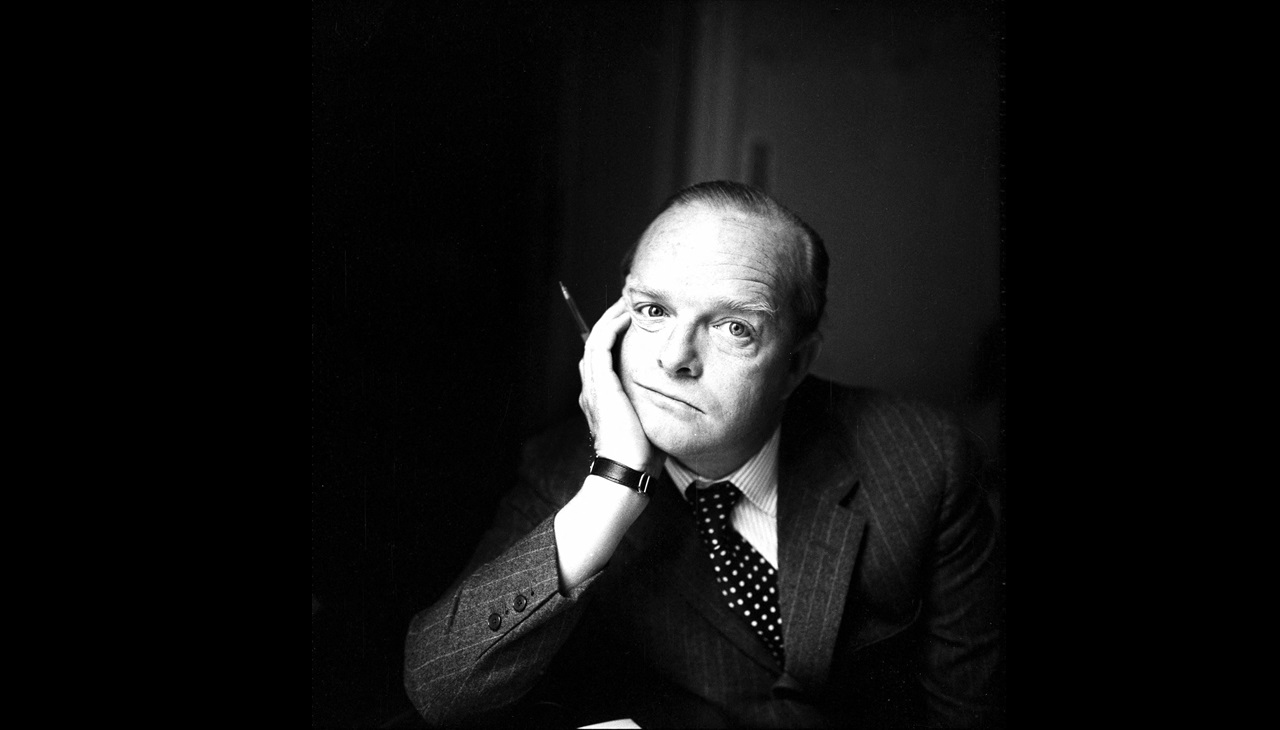

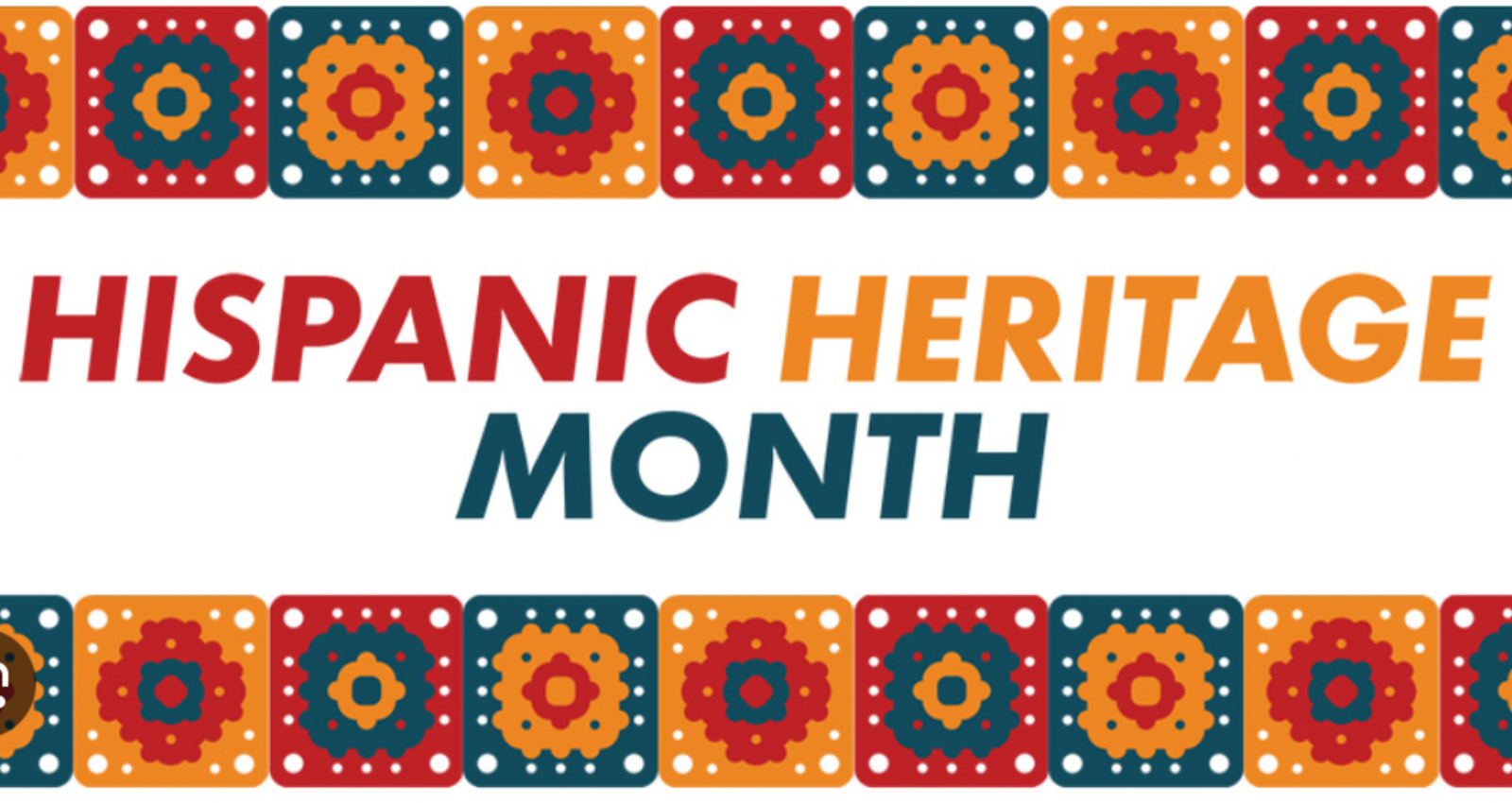
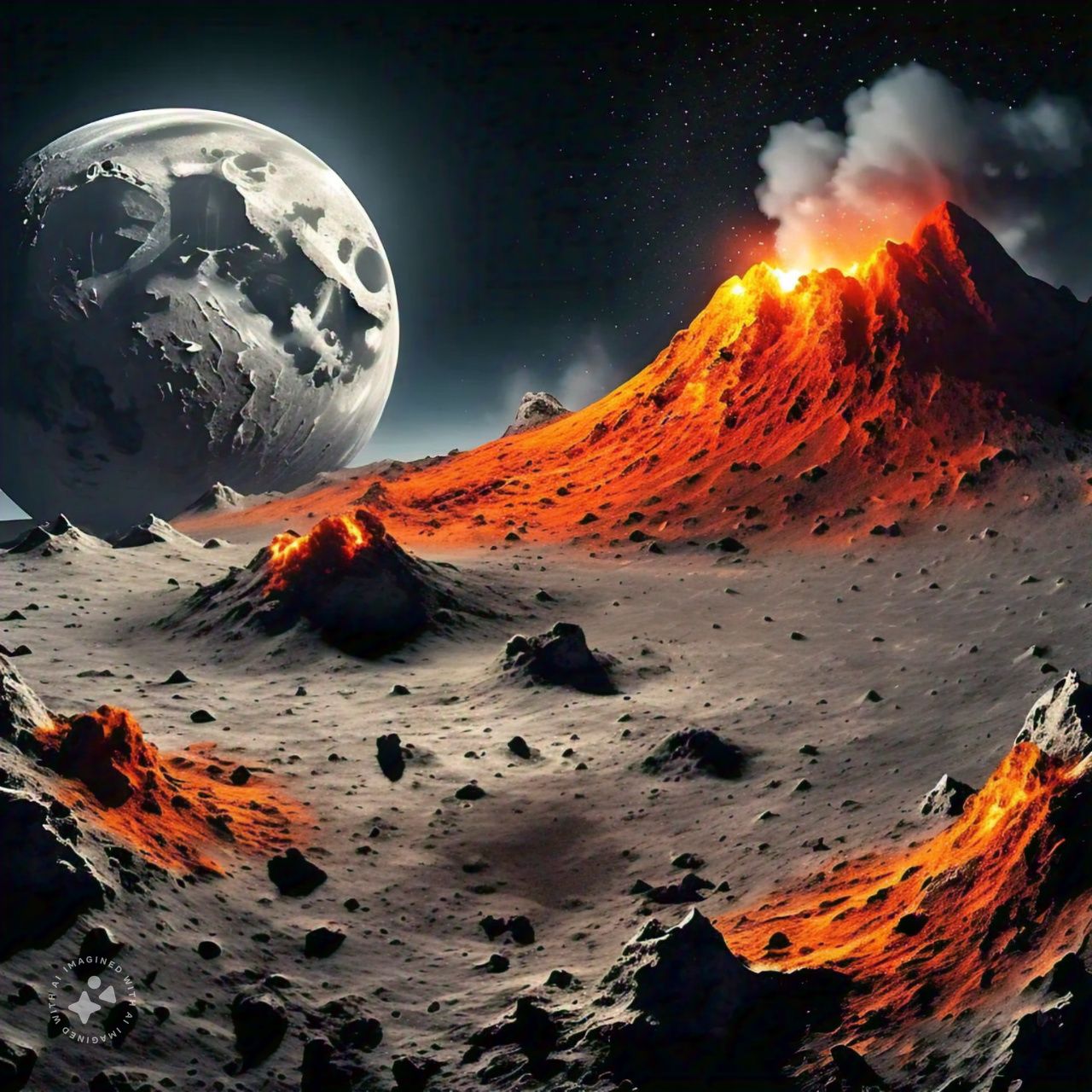

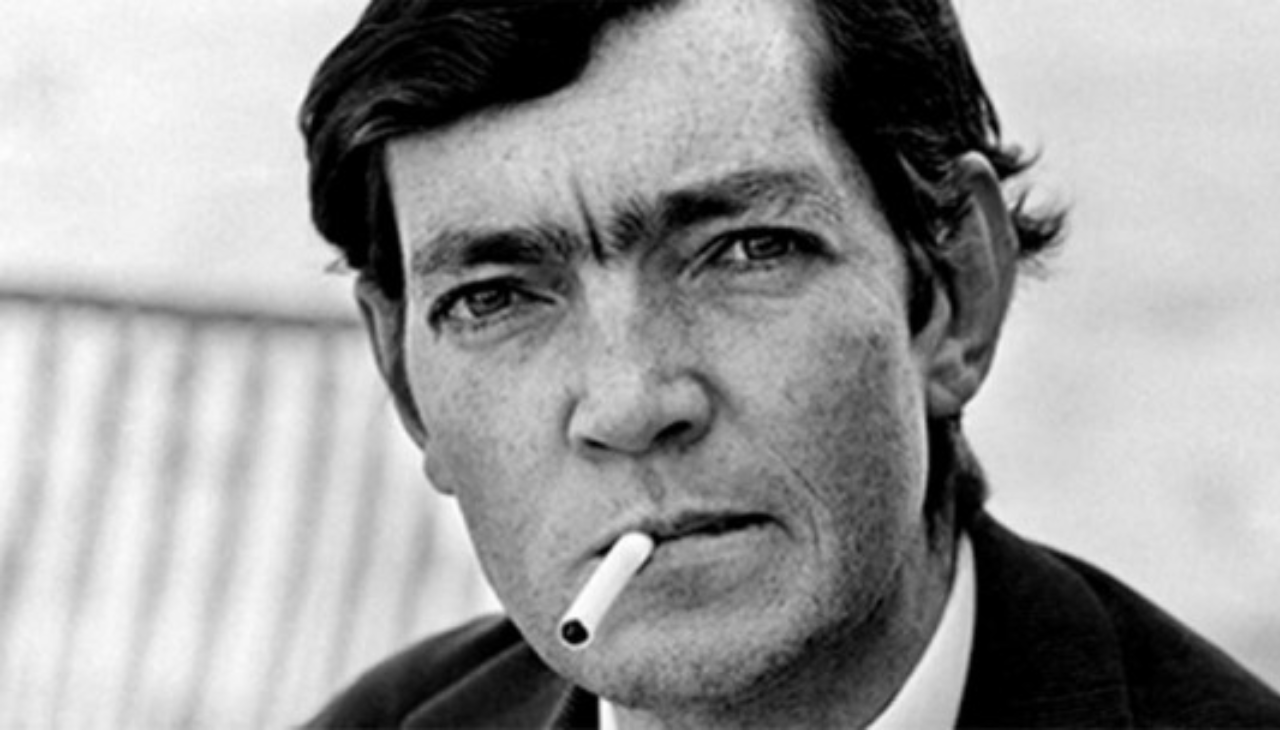
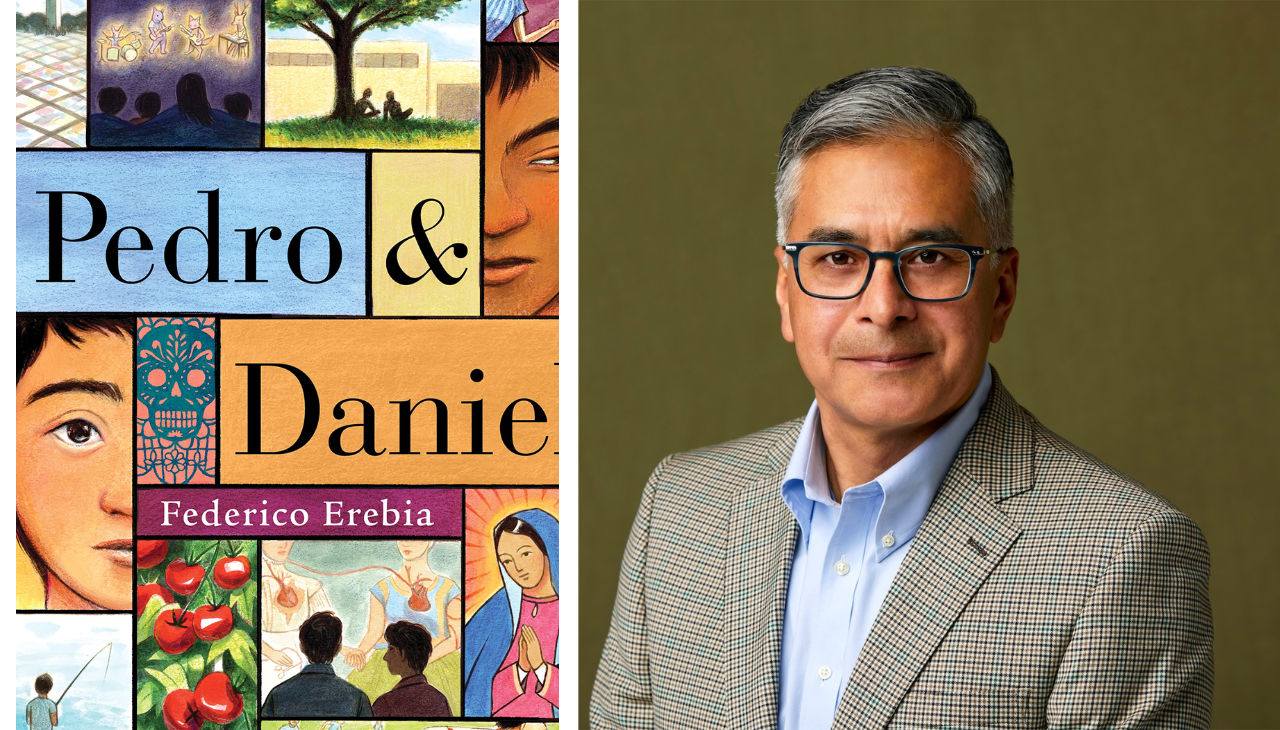
DEJE UN COMENTARIO:
¡Únete a la discusión! Deja un comentario.